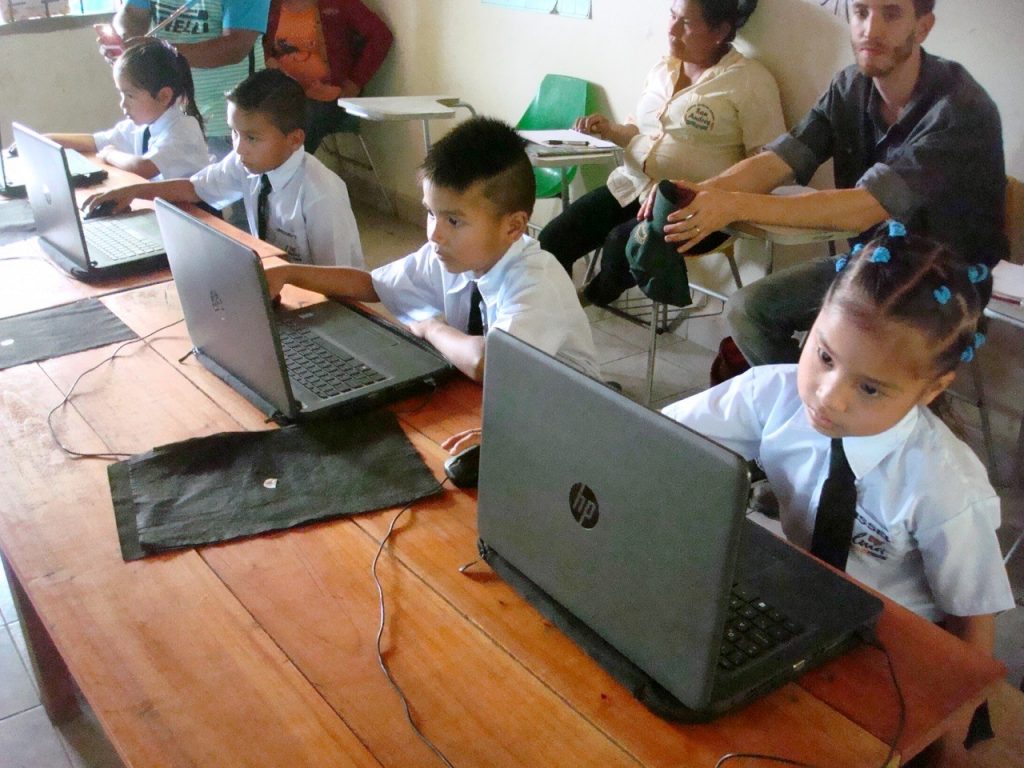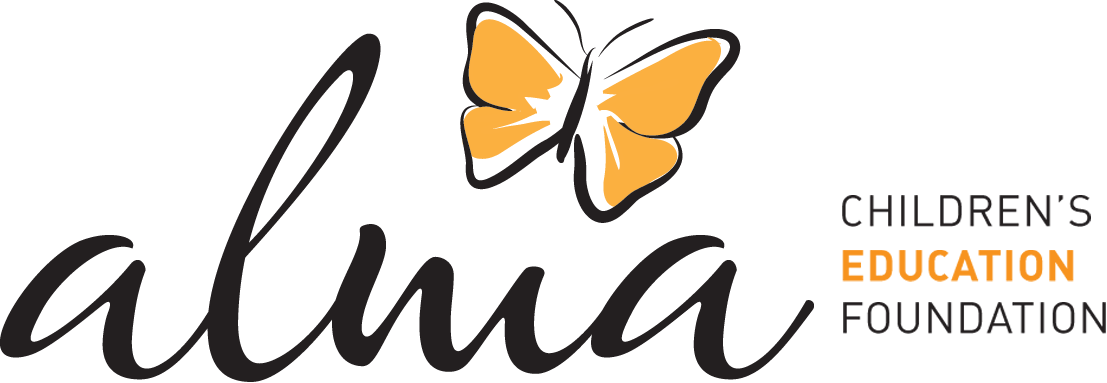
As part of the ongoing trainings with the Unidad de Gestión Educativa Local (UGEL) in Quispicanchi, the largest province in the region of Cusco, Peru, and the Dirección Departamental de Educación (DDE) of the entire Department of Beni, Bolivia, Alma is constantly responding to the different needs of different educational demographics: rural/urban/semi-urban schools; indigenous cultures of the Bolivian Amazon and the Peruvian Andes; preschool, primary, and secondary school age students; at-distance, virtual, semi-present, and in-classroom lesson planning; etc.
Despite the variations, the pedagogic goals for meaningful education remain the same, allowing for material developed for one specific population to be quickly adapted to the needs of another. For this reason, Alma’s “Virtual Classroom Management” training is one of the most sought-after courses among teachers in urban and semi-urban areas, where teachers have the option of interacting with students and parents through online platforms such as Zoom, Google Meets, WebEx, Jitsi, Whatsapp, and others.
Alma’s Virtual Classroom Management training is separated into three sections:
- Tech tools in the context of learning goals: Many teachers in Peru and Bolivia have little to no experience with digital technology. Therefore, simple tools such as screen sharing, embedding links and video into material, refining searches through keywords and filters, etc. are difficult or misunderstood. In addition, newer tools within different virtual meeting platforms such as surveys, group distributions, virtual whiteboards, etc. are generally unknown to many teachers. Therefore, Alma’s training takes time to teach teachers how to use a select group of key tools showing how they can be used to enrich the learning experience of students.
- Lesson Structure: Just as in a regular classroom, teachers must activate student thinking, deepen understanding, and consolidate concepts through decision making and justification in every lesson. The way a lesson plan is structured can either usher or inhibit the flow of students’ thinking process, and our training empowers teachers to guide students through their thinking to promote meaningful learning developing critical and creative thinking skills.
- Teaching Techniques, Strategies, and Tools: In order to truly guide students’ thinking and learning, especially in a virtual context when teachers are only in direct contact with students during pieces of a lesson, Alma developed a toolbox of strategies for teachers to implement with students to guide their thinking during each moment of a lesson.
Currently, Alma is in the process of training over 12,000 teachers in Peru and Bolivia in Virtual Classroom Management. Though the focus of the training is clearly on virtual classrooms, all of the pedagogy is transferable to any form of teaching: at distance, virtual, semi-present, or in-classroom. Therefore, the scope of the training program extends beyond the current need for virtual learning in the context of the COVID-19 pandemic, and has lasting value to teachers and students in the long-term.
Products of the project:
- Interactive and practical online training program for teachers
- Manual for teachers detailing strategies, tools, and theories covered in training program
- Evaluative tools for teachers and administrators to monitor and measure impact of strategies and tools on students’ learning
Beneficiaries:
- 202 Administrators from the UGEL- Quispicanchi, Peru and DDE-Beni, Bolivia
- 8,200 teachers from the DDE-Beni, Bolivia
- 189,000 students from the Quispicanchi Province, Peru and Department of Beni, Bolivia
Project timeline:
- July 2020: Proposal research and development, focus group validation
- August – November 2020 – Training implementation with teachers
- December 2020- January 2021– Impact evaluation
